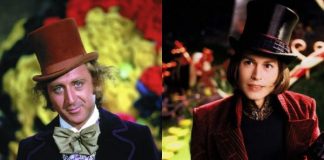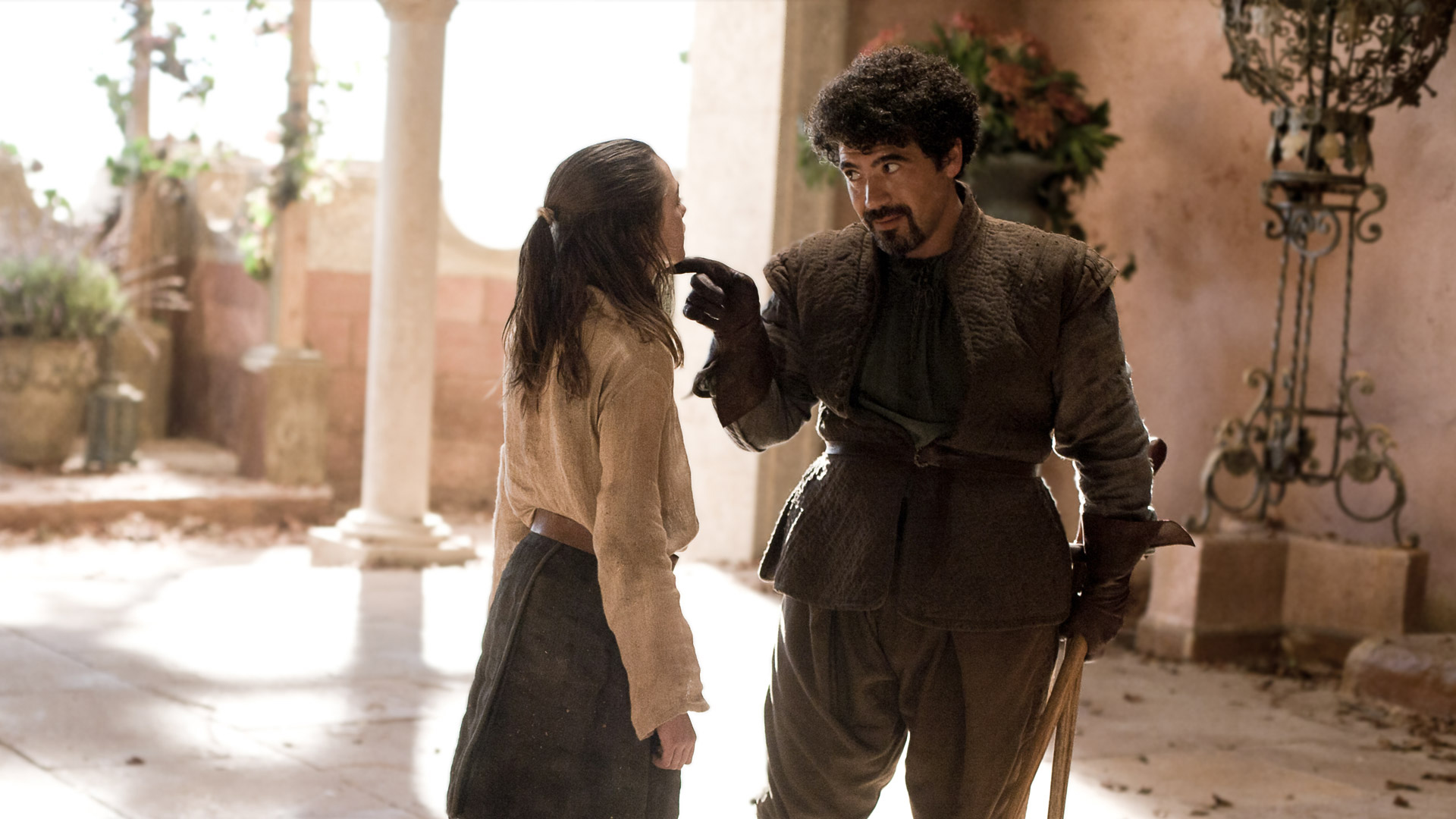Gene Wilder in Der wilde, wilde Westen (1974) © Warner Bros. Pictures
Quelle: The Associated Press
Gene Wilder war für viele einer der größten Comedy-Stars der US-Filmgeschichte. Gestern starb Wilder im Alter vom 83 an den Folgen seiner Alzheimer-Erkrankung und die Filmwelt hat dieses Jahr eine weiterer Ikone verloren.
Wilder (gebürtig Jerome Silberman) begann seine Karriere als Bühnendarsteller und feierte in Bonnie und Clyde 1967 sein Filmdebüt. Nur ein Jahr später, mit dem Auftritt in Mel Brooks' brillanter Komödie Frühling für Hitler (OT: The Producers) kam für Wilder der große Durchbruch. Diese Rolle veränderte für ihn alles. Sie brachte dem Schauspieler seine erste Oscarnominierung ein, etablierte sein Markenzeichen als Darsteller hochneurotischer Figuren und war der Beginn seiner fruchtbaren Zusammenarbeit mit Mel Brooks, die noch die beliebten Comedy-Hits Frankenstein Junior (OT: Young Frankenstein) und Der wilde, wilde Westen (OT: Blazing Saddles) hervorbrachte. Für letzteren erhielt Wilder als Co-Autor seine zweite Oscarnominierung.
Nicht nur mit Mel Brooks arbeitete Wilder häufig zusammen, sondern auch mit Richard Pryor, der ebenfalls zu den bekanntesten Komikern seiner Zeit gehörte. Mit Pryor drehte Wilder vier Filme: Trans-Amerika-Express (OT: Silver Streak), Zwei wahnsinnig starke Typen (OT: Stir Crazy), Die Glücksjäger (OT: See No Evil, Hear No Evil) und Das andere Ich (OT: Another You).
Eine von seinen bekanntesten Rollen spielte Wilder 1971 in der Adaption von Roald Dahls Charlie und die Schokoladenfabrik, in der er als exzentrischer Willy Wonka auftrat. Der Film war kein großer Erfolg bei seiner Erstaufführung, wurde jedoch im Laufe der Jahre zu einem Familienfilm-Klassiker.
Wilder war nicht nur vor, sondern auch hinter der Kamera erfolgreich. Als Regisseur inszenierte er mehrere Filme, in denen er mitspielte, darunter Die Frau in Rot (OT: The Woman in Red) und Hochzeitsnacht im Geisterschloss (OT: Haunted Honeymoon). Zuletzt war Wilder vor 14 Jahren in einer Gastrolle in der Sitcom "Will & Grace" zu sehen, für die er mit einem Emmy ausgezeichnet wurde.
Unten findet Ihr das rührende Presse-Statement von Wilders Neffe Jordan Walker-Pearlman, in dem er auch erklärt, weshalb Wilders Erkrankung der Öffentlichkeit vor seinem Tod nicht enthüllt wurde:
It is with indescribably sadness and blues, but with spiritual gratitude for the life lived that I announced the passing of husband, parent, and universal artist Gene Wilder, at his home in Stamford Connecticut. It is almost unbearable for us to contemplate our life without him.
The cause was complications from Alzheimer’s disease, with which he co-existed for the last three years. The choice to keep this private was his choice, in talking with us and making a decision as a family. We understand for all the emotional and physical challenges this situation presented we have been among the lucky ones – this illness-pirate, unlike in so many cases, never stole his ability to recognize those that were closest to him, nor took command of his central-gentle-life affirming core personality. It took enough, but not that.
The decision to wait until this time to disclose his condition wasn’t vanity, but more so that the countless young children that would smile or call out to him “there’s Willy Wonka,” would not have to be then exposed to an adult referencing illness or trouble and causing delight to travel to worry, disappointment or confusion. He simply couldn’t bear the idea of one less smile in the world.
He continued to enjoy art, music, and kissing with his leading lady of the last twenty-five years, Karen. He danced down a church aisle at a wedding as parent of the groom and ring bearer, held countless afternoon movie western marathons and delighted in the company of beloved ones.
He is survived by Karen, Jordan, and the Webbs (Kevin, Gretchen, Tucker, Spencer), along with Jordan’s wife Elizabeth. Gene’s sister, Corinne, predeceased him in January of this year.
He was eighty-three and passed holding our hands with the same tenderness and love he exhibited as long as I can remember. As our hands clutched and he performed one last breath the music speaker, which was set to random, began to bare out one of his favorites: Ella Fitzgerald. There is a picture of he and Ella meeting at a London bistro some years ago that are among each our cherished possessions. She was singing ‘Somewhere Over the Rainbow,’ as he was taken away.
“We are the music makers, and we are the dreamers of dreams.”
Sincerely,
“Gene’s Kid”
Jordan Walker-Pearlman












